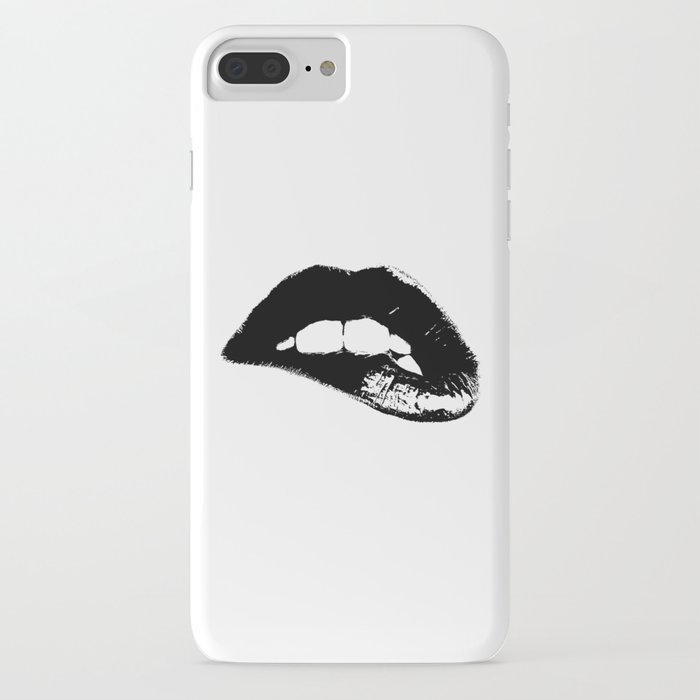
 |
 |
 |
 |
 |






amour fou iphone case
SKU: EN-A10269

amour fou iphone case
The stakes were sky-high. Cybersecurity experts said the dispute could have far-reaching implications for everything from how private our personal photos are to how tech companies operate in other countries. But the battle ended in a draw when the FBI in March suddenly said it didn't need Apple's help anymore to unlock the phone. Along with disclosing the number of national security orders it has received, Apple on Monday said it received 4,254 device requests in the US in the second half of 2016, down from 4,822 in the first six months of the year. It gave information in 78 percent of the cases in both halves of the year. Most device requests come from law enforcement agencies helping iPhone owners who've requested help locating lost or stolen devices. Other requests relate to fraud investigations.
Apple also said it received 2,231 account information requests across the globe in the second half of 2016, In the US, the total was 1,219, It gave data in regard to 79 percent of the global requests and 83 percent of the US orders, In the first half of the year, it provided data for 84 percent of the 1,363 US requests it received, The company said "examples of such requests are where law enforcement agencies are working on cases where they suspect an account may have been used unlawfully or in violation of Apple's terms of service, Account-based requests generally seek details of customers' iTunes or iCloud accounts, such as a name and address; and in certain instances customers' iCloud content, such as stored photos, email, amour fou iphone case iOS device backups, contacts or calendars."Life, disrupted: In Europe, millions of refugees are still searching for a safe place to settle, Tech should be part of the solution, But is it? CNET investigates..
Tech Enabled: CNET chronicles tech's role in providing new kinds of accessibility. The US made twice as many data requests to Apple in the last six months of 2016 as it did in the first six months, the company says. The US and other governments around the world needed a lot of help getting data from Apple devices last year. The number of national security orders issued to Apple by US law enforcement doubled to about 6,000 in the second half of 2016, compared with the first half of the year, Apple disclosed in its biannual transparency report. Those requests included orders received under the Foreign Intelligence Surveillance Act, as well as national security letters, the latter of which are issued by the FBI and don't require a judge's sign-off.
Apple, in its filing Monday, argued that the lower court's ruling was correct and that the case wasn't worth consideration by the Supreme Court because the patent laws themselves weren't in dispute, It also said that even if the issues were in dispute, the case isn't a good one to use for setting new legal precedent, "Samsung's petition challenges two Federal Circuit decisions, neither of which implicates any broad or disputed question of substantive patent law," Apple said in its filing, "The petition should be denied."Apple didn't have a comment beyond its filing, Samsung didn't have a comment about Apple's filing, In March, the South Korean electronics giant said: "We hope the US Supreme Court will grant our petition, which will put competition back where it belongs -- in amour fou iphone case the marketplace, not in the courtroom, If granted, the Court can ensure there is a fair legal environment that fosters innovation for businesses of all types and sizes."Apple and Samsung have been battling over patents since 2012, and a question about how much money could be owed for infringing design patents made it all the way to the Supreme Court in October 2016, In December, the Supreme Court said in a unanimous opinion that damages for design patent infringement can be based only on the part of the device that infringed the patents, not necessarily on the entire product, It sent the case back to a lower court to redetermine the damages..
In March, Samsung filed another request, called a writ of certiorari, with the Supreme Court (this is its third). This time, it asked the justices to reconsider a Federal Circuit ruling that said it had to pay Apple $120 million for infringing Apple's smartphone patents. That case involved Apple's slide-to-unlock, autocorrect and quick links patents. Apple originally won $120 million in a trial in early 2014, but a US Circuit Court of Appeals threw out the verdict in February 2016. At that time, the panel of three judges said that Samsung didn't infringe the quick links patent and the other two patents were invalid because they covered obvious innovations. An en banc Federal Circuit court reinstated the verdict in October, though.
- best iphone xr cases online - silicone case
- iphone 2 cases amazon
- thin fit case for apple iphone 7 plus - black
- luphie blade sword iphone 7 aluminium bumper case - grey
- soft blue gradient cubes iphone case
- ultra-thin snap-on case for iphone 7 plus
- ballet slippers dupe
- 1.state ballet flats
- ballet flats with ankle strap
- vintage 80s shoes - 80s ballet flats - 80s flats - pink taupe cream silver - leather flats - pointed toes - 7 - nos - nib - new
- wolky ballet
- More...


